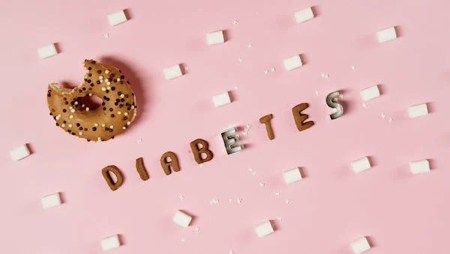Sugar is found in many of our favorite foods and drinks—from desserts and candy to soft drinks and juices. While it delivers quick energy and a sweet taste, excess sugar consumption can harm your health, contributing to obesity, tooth decay, and even chronic diseases, according to a dentist in Madison Heights.
If you’re asking “Am I eating too much sugar?”, here are the key signs and symptoms to watch for.
How to Know If You’re Overeating Sugar
Your body often gives clear signals when you’re consuming more sugar than it can handle. Common symptoms of high sugar intake include:
-
Inflammation and bloating
-
Intense cravings for sweet foods
-
Weight gain and fatigue
-
Skin problems such as acne or premature wrinkles
-
Mood swings and energy crashes
-
Dental issues like cavities
-
Higher risk of chronic diseases including type 2 diabetes, heart disease, and cancer
Paying attention to these red flags—and consulting a healthcare professional or registered dietitian—can help you make smarter dietary choices.
Clear Signs You’re Consuming Too Much Sugar
Not all sugar is easy to spot. Many packaged foods marketed as “healthy” are actually loaded with added sugar, making it harder to track your true intake. Here are some of the most common signs of sugar overload:
1. Premature Ageing and Skin Problems
High sugar levels damage elastin, collagen, and skin proteins, leading to wrinkles, age spots, and acne (especially along the jawline). Excess sugar also disrupts gut bacteria, which can trigger inflammatory skin conditions like eczema.
2. Constant Cravings for More Sugar
Sugar is addictive. It activates the brain’s reward system and triggers dopamine release—similar to caffeine. This makes it difficult to stop once you start. Supplements with chromium, glucomannan, or psyllium husk (such as Lepticol Lighter) may help restore insulin function and reduce cravings.
3. Low and Unstable Energy Levels
Glucose is the body’s main fuel, but sugar causes rapid spikes and crashes in energy. After a temporary “sugar high,” insulin clears glucose from the blood, leading to fatigue, brain fog, and more cravings. Long-term, this cycle may also contribute to cognitive decline.
4. Bloating and Digestive Issues
Excess sugar feeds gut bacteria and yeast, which ferment in the colon and release gas. This can cause painful bloating, flatulence, and digestive discomfort, especially if sugar crowds out fiber-rich foods that support healthy bacteria.
5. Weakened Immune System
Around 70% of your immune system is located in the gut. A sugar-heavy diet fuels harmful bacteria and yeast, suppressing beneficial bacteria like bifidobacteria. Over time, this imbalance may weaken your immune defenses, making you more vulnerable to illness.
The Bottom Line on Sugar and Health
Now that you know the warning signs of excess sugar intake, you can make more informed decisions about what to eat and drink. Remember: what you eat truly shapes your health. Cutting back on sugar and choosing nutrient-rich alternatives will help restore balance, boost your energy, and protect your long-term wellbeing.
Frequently Asked Questions About Sugar Intake
How much sugar is too much per day?
The World Health Organization recommends limiting added sugar to less than 10% of daily calories—around 25–50 grams for most adults.
Can eating too much sugar cause acne?
Yes. High sugar intake can increase insulin levels, trigger inflammation, and disrupt hormones, all of which may lead to acne breakouts.
Does sugar weaken your immune system?
Excess sugar feeds harmful gut bacteria and yeast, reducing beneficial bacteria that support immunity. Over time, this can weaken your body’s defenses.





















Follow Us